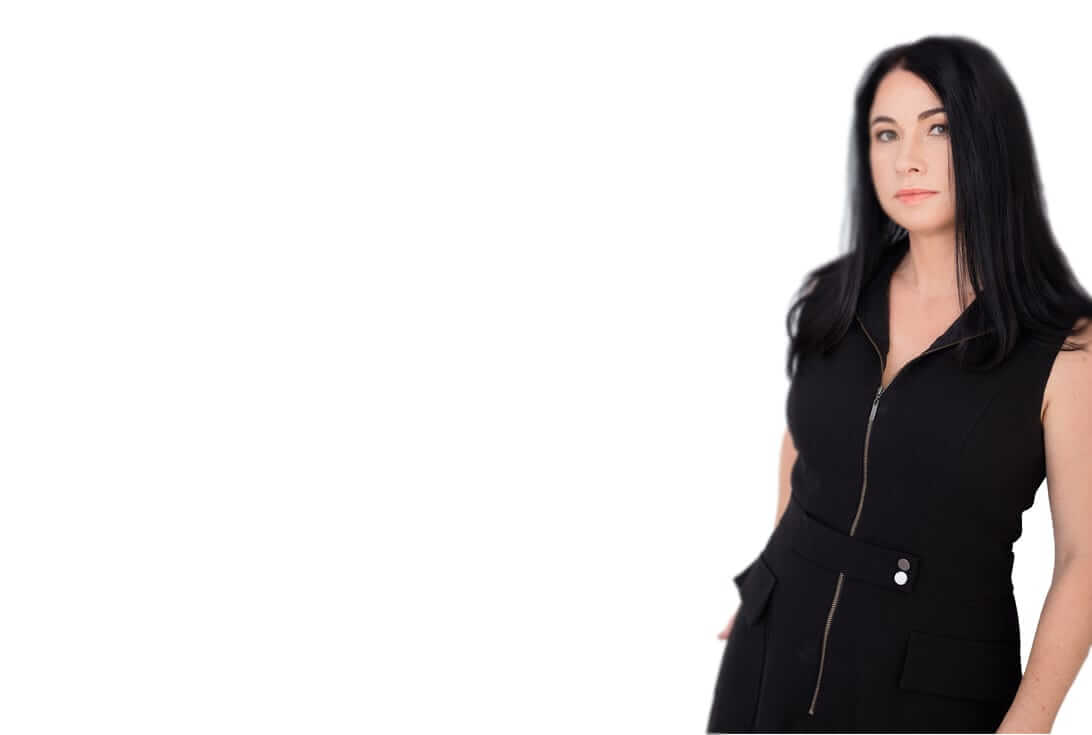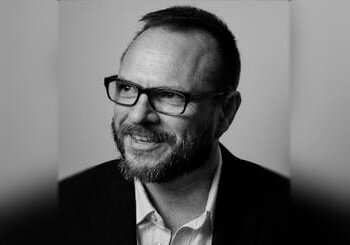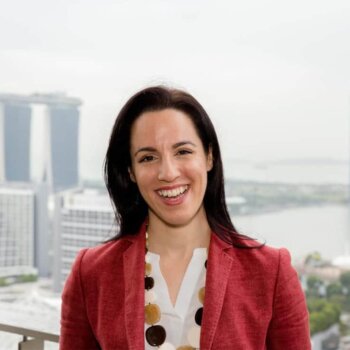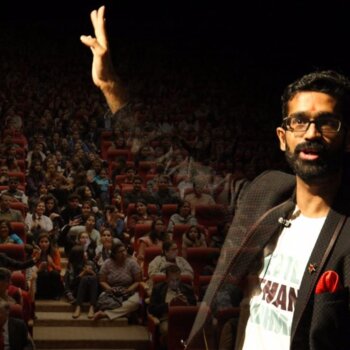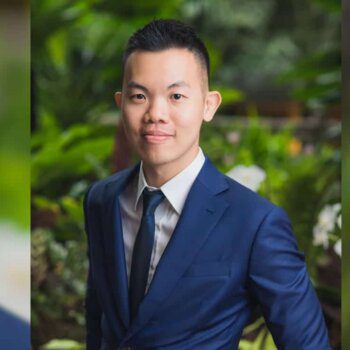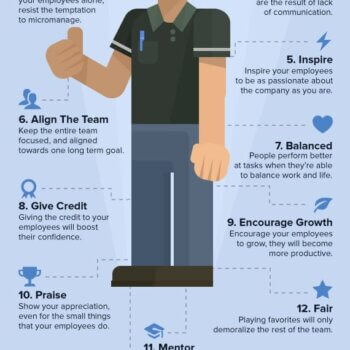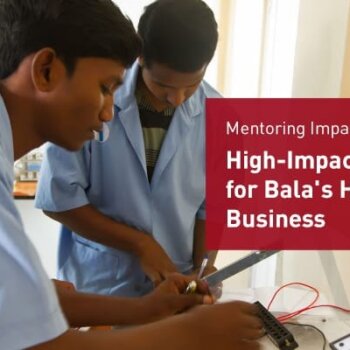Kat Roma Greer developed a global arts initiative called Micro Galleries, an independent, global, virtual creative hub, that works with communities and uses art as a vehicle to create positive change.
What’s your story?
As someone who grew up in relative poverty in regional Australia during the recession, I often wonder at the accessibility and real impact of creative programs, and how they are actually improving communities. So, the model I work through is by identifying a social, political or environmental problem, and then mobilising as many people and creative, innovative ideas I can to create platforms to explore and hopefully change that issue in a positive way. Based on this philosophy, I developed a global arts initiative called Micro Galleries, from which many other initiatives have since radiated.
Micro Galleries is an independent, global, virtual creative hub, that works with communities and uses art as a vehicle to create positive change. We do this through creative interventions in public spaces, workshops, symposiums, think tanks, and residencies.
What excites you most about your industry?
Access to art and the enjoyment of a dynamic public space is clearly linked to socio-economic status. I get to work within communities and public spaces that have been dismissed, forgotten, disused and are presenting social tension, and re-imagine them into something wonderful, creative, beautiful, accessible and safe. Working with creatives and community means I am able to really deep-dive into innovative and lateral solutions to problems. It also means I am able to assist in generating pathways for, and to, communities that perhaps wouldn’t normally be accessible.
What’s your connection to Asia?
I have lived in Asia for nearly 10 years, my son was born here and I have learnt so much about the creativity and cultural industries here that have expanded my capacity and horizons.
Also, I’m Australian, and despite decades of denial, we are geographically part of the Asia-Pacific region, and it’s so important that culturally we begin to really immerse ourselves into our regional community and understand more about the people and places we are amongst, and the new opportunities that exist in this area for us all.

Favourite city in Asia for business and why?
I love Indonesia. The creatives I work with there are some of the most disadvantaged, yet resourceful, aware, active, conscious and fearless. They are entrepreneurial through necessity, and exhibit and create in ways we aren’t even considering yet. They also work much more collaboratively and collectively, understanding that resource and knowledge-sharing is such an empowering way to operate. It really is an extraordinary place full of opportunity.
What’s the best piece of advice you ever received?
That if what you envision doesn’t fit into an existing business model, it doesn’t mean you’re wrong – it means you need to create a new model. So many industries are clutching on to old ways of working when there are many new visionary possibilities. Don’t force your ideas into existing ways of operating, instead, mould the business model around your idea.
Who inspires you?
I’m a huge fan of Deborah Frances-White. She is a contemporary feminist writer, comedian and corporate speaker who found that many traditional pathways for success in her industry were blocked to her. So, she forged new ways, or took up space in less traditional mediums, and became a huge success on her own terms, all whilst lifting other women up with her, in a very inclusive and empowering way.
She is quoted as saying “Women don’t need to be perfect in order to be a force for meaningful change.” I think this is a really powerful statement: we don’t need the perfect idea or to be the perfect leader for our contribution to be meaningful – we just need to find the right way for us to do it, and the right people to do it with.
What have you just learnt recently that blew you away?
That creative hubs are becoming one of the fastest growing ecosystems in the world. I knew they were meaningful and vital for any thriving community, but now the data is there to back it up!
If you had your time again, what would you do differently?
I would have carved more time into consciously building the model I wanted to work within. As Micro Galleries grew so rapidly and organically, It was easy to become responsive instead of deliberately constructing and manoeuvring. I am moving out of that phase now, but it needed the time and space to make that happen. I would probably have also said no to that home-brewed whiskey in Thailand.
How do you unwind?
Music! I’m in a fun band with my husband and friends, and we do a fantastic job of making fun of ourselves, and most music genres, on Friday nights at Hong Kong’s music institution – Peel Fresco Music Lounge. There are many red wines, attempts at comedy and if someone breaks a string, you might even catch me attempting to rap.
Favourite Asian destination for relaxation? Why?
Nepal! I spent a lot of time there over the past year and a half working on Micro Galleries. The flamboyant colour, incessant sound, ever-present haze of dust and people, traffic, noise – it created an amazing cocoon around the chaos that is creativity and working in another country. Overlay that with tiny old Nepali houses that have been converted into creative hubs, a young generation of emerging global citizens hungry for creative opportunity and modes of expression, and a side trip to the Himalayas for hiking and processing the sensory influx, and it’s the perfect environment to inspire, provoke new ways of thinking, and let your mind wander in unexpected ways.
Everyone in business should read this book:
“The Power of Unreasonable People: How Social Entrepreneurs Create Markets That Change the World.” by John Elkington and Pamela Hartigan
Shameless plug for your business:
March, 2020: Micro Galleries Live Festival in the Philippines, working with and empowering displaced communities in Iloilo and Marawi.
To support, collaborate, contribute, follow us on any of our platforms.
www.microgalleries.org
How can people connect with you?
www.microgalleries.org
www.linkedin.com/in/katromagreer
www.facebook.com/microgalleries
www.instagram.com/microgalleries
—
This interview is part of the ‘Callum Connect’ series of more than 500 interviews

Callum Laing is an entrepreneur and investor based in Singapore. He has previously started, built and sold half a dozen businesses and is now a Partner at Unity-Group Private Equity and Co-Founder and CEO of MBH Corporation PLC. He is the author two best selling books ‘Progressive Partnerships’ and ‘Agglomerate’.
Connect with Callum here:
twitter.com/laingcallum
linkedin.com/in/callumlaing
Download free copies of his books here: www.callumlaing.com
